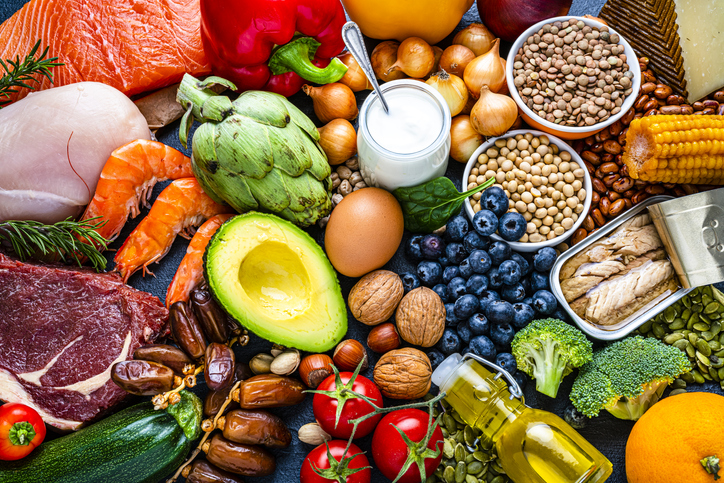I remember being in elementary and middle school and girls started talking about who had started their periods yet and who hadn’t. In fact, starting your period had some sort of cool-factor to it, and I’m pretty sure a girl I knew in 6th grade lied about starting hers before it actually happened to gain some cred. Her story just didn’t add up. But maybe it was better if she didn’t – for the sake of her health.
According to a new Oxford University study, when a young lady starts menstruating has an affect on heart-health. Women who get their period before the age of 10 or after 17 have more of chance of hospitalization or death due to these issues.
The numbers are kind of startling, actually. In that before or after time-frame there’s a 27 percent higher risk from heart disease, 16 percent higher risk due to stroke, and 20 percent higher risk due to complications associated with high blood pressure.

A Deep-dive Into Specialty Pharma
A specialty drug is a class of prescription medications used to treat complex, chronic or rare medical conditions. Although this classification was originally intended to define the treatment of rare, also termed “orphan” diseases, affecting fewer than 200,000 people in the US, more recently, specialty drugs have emerged as the cornerstone of treatment for chronic and complex diseases such as cancer, autoimmune conditions, diabetes, hepatitis C, and HIV/AIDS.
Shape magazine explained what the study revealed:
Be most thankful if you had your first visit from Aunt Flo at 13 years old: The massive study, published in the journal Circulation, looked at more than one million women and found those who started at this age had the lowest risk of developing heart disease, strokes, and high blood pressure.
Study author Dexter Canoy, M.D., Ph.D., a cardiovascular epidemiologist at the University of Oxford, says that childhood obesity is associated with girls starting their periods at a younger age, and overweight kids tend to stay at an unhealthy weight into adulthood.
“Obesity and its adverse health effects—including hypertension, diabetes, and high cholesterol—may predispose these women to develop heart disease, other vascular diseases, and some cancers as adults,” Canoy said.

With the Rise of AI, What IP Disputes in Healthcare Are Likely to Emerge?
Munck Wilson Mandala Partner Greg Howison shared his perspective on some of the legal ramifications around AI, IP, connected devices and the data they generate, in response to emailed questions.
Challenges with weight aren’t the only factor involved with the study’s results. There are also hormonal imbalances that could be in play for health risks (cancer more than heart disease).
“Women who start menstruating at an early age often have more ovulations than women who start after age 17,” said Cheryl Robbins, Ph.D., an epidemiologist at the Center for Disease Control, who authored a study on how the age at which women start their periods may impact their survival after ovarian cancer. “Repeated ovulations and hormone surges may cause genetic mutations that could contribute to ovarian cancer.”
At the end of the day, women can’t go back in time and decide when they start their period, so there isn’t a ton of preventative angles here. But maintaining a healthy diet, exercise and monitoring levels of stress are especially important for women in those brackets (but really that’s just good advice for all of us).












